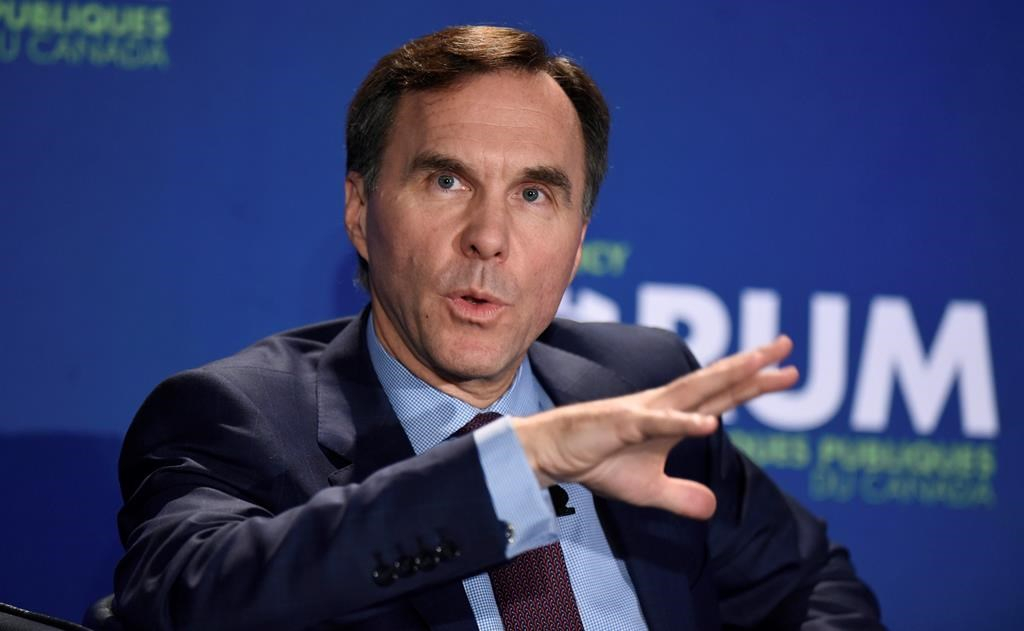Support strong Canadian climate journalism for 2025
The country posted back−to−back monthly trade surpluses for the first time since September 2014, boosted by higher prices for exports of oil and natural gas in December, Statistics Canada said Tuesday.
The surplus hit $923 million for the final month of 2016 after a surplus the previous month that was revised upward to $1 billion from an initial reading of $526 million. The result exceeded expectations, as economists had anticipated a surplus of $350 million for December, according to Thomson Reuters.
Jennifer Lee, a senior economist with BMO Capital Markets, said the monthly trade figures have taken on greater significance as of late.
"These days, international trade reports are scrutinized, not just for their impact on GDP, but the political ramifications as well," Lee said in a research note to clients. "Running surpluses will draw unwanted attention (from the U.S.)."
Trade was a key issue for U.S. President Donald Trump’s campaign, during which he said the United States needed to take a tougher approach. While Trump has focused much of his attention on his country’s trade relationship with Mexico and China, some have raised concerns that Canada could face collateral damage in a trade dispute.
Canada maintained its trade surplus with the U.S. in December, though it narrowed to $4.4 billion from $4.7 billion in November. Exports to the U.S. edged up 0.2 per cent to $34.2 billion in December, while imports from the United States increased 1.3 per cent to $29.7 billion.
Overall, exports in December gained 0.8 per cent to a record $46.4 billion due to higher energy product prices. Energy product exports climbed 15.9 per cent to $8.5 billion. Excluding energy products, exports fell 2.1 per cent.
Imports rose one per cent to $45.5 billion in December, due in large part to imports of aircraft and industrial machinery. In volume terms, exports fell 1.4 per cent in December, while import volumes gained 0.4 per cent.
Statistics Canada also reported Tuesday that municipalities issued $7.2 billion worth of building permits in December, down 6.6 per cent from November. For all of last year, the value of building permits totalled $84.5 billion, down 0.8 per cent from 2015.





Comments